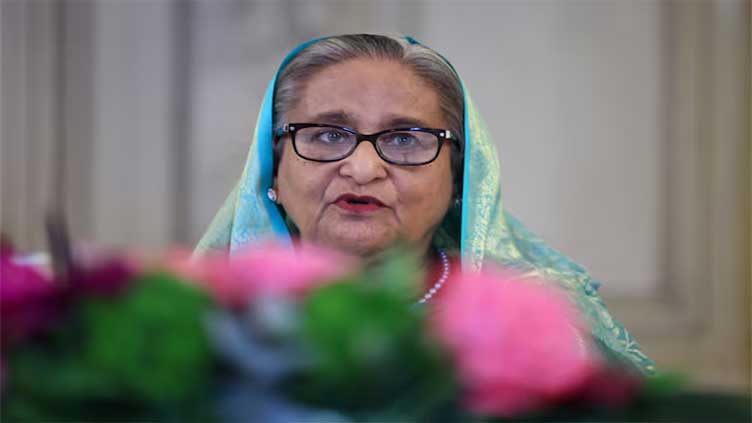At least 27 killed in Bangladesh clashes, government declares curfew

World
Violence broke out when student groups protested against quotas for government jobs
DHAKA (Reuters) - At least 27 people were killed and scores injured in clashes in Bangladesh on Sunday, as police fired tear gas and lobbed stun grenades to disperse tens of thousands of protesters calling for Prime Minister Sheikh Hasina to resign.
The interior ministry declared an indefinite nationwide curfew starting at 6 pm on Sunday, the first time it has taken such a step during the current protests that began last month.
The unrest, which spurred the government to shut down internet services, is its biggest test since deadly protests when Hasina won a fourth straight term in January elections boycotted by the main opposition Bangladesh Nationalist Party.
Two construction workers were killed on their way to work and 30 injured in the central district of Munsiganj, during a three-way clash of protesters, police and ruling party activists, witnesses said.
"They were brought dead to the hospital with bullet wounds," said Abu Hena Mohammad Jamal, the superintendent of the district hospital.
Police said they had not fired any bullets, however, when some improvised explosives were detonated and the area turned into a battleground.
Violence broke out elsewhere in the South Asian nation, as protesters blocked major highways.
At least three people were killed and 50 injured in the northeastern district of Pabna during a clash between protesters and activists of Hasina's ruling Awami League, witnesses said.
Two more were killed in violence in the northern district of Bogura, hospital officials said.
A group attacked and vandalised the capital's Bangabandhu Sheikh Mujib Medical College Hospital as student protesters launched a non-co-operation program to press their demand for the government's resignation.
Last month, at least 150 people were killed, thousands injured and about 10,000 arrested in violence touched off by demonstrations led by student groups protesting against quotas for government jobs.
The protests paused after the Supreme Court scrapped most quotas, but students returned to the streets in sporadic protests last week, demanding justice for the families of those killed.
Critics of Hasina, along with human rights groups, have accused her government of using excessive force to stamp out the movement, a charge it denies.
The government shut down high-speed internet services, mobile operators said, while social media platforms Facebook and WhatsApp were not available, even via broadband connections.


